TRANSPORT OF UN3090 LITHIUM METAL AND LITHIUM ION UN3480 BATTERIES: WHAT YOU NEED TO KNOW
Published on 02/15/2023
Lithium cells and batteries are designed to provide significant electrical energy.
They are composed of highly reactive and unstable chemical elements, which can easily catch fire, emit a large amount of heat in the event of a short circuit or even explode.
They present a risk of sudden flashover, with the release of toxic gases especially in the event of a violent shock or overheating.
They are part of hazard class n°9 entitled "Miscellaneous dangerous goods and articles". There are a large number of lithium cells and batteries, each has a UN number according to its typology.
Strict international regulations govern their transport, they are supplemented by provisions specific to certain countries.
Different kinds of lithium batteries:
Lithium metal batteries:
- Lithium metal batteries are generally used in small electronic devices with low energy consumption (watches, calculators, toys...). They are not rechargeable. They are increasingly being replaced by lithium-ion batteries that have the advantage of being rechargeable.
Lithium-ion batteries:
- A lithium-ion battery is an electrochemical battery that uses lithium in an ionic form. A reversible chemical reaction makes it possible to circulate electrons and generate electrical energy Lithium-ion (ionic) batteries are increasingly used in everyday life.
- They are found in many mobile electronic devices: laptops, tablets, smartphones, helmets, cameras, headlamps, portable tools, and even in the manufacture of vehicles, electric bicycles, electric or hybrid cars. They are rechargeable. They have a high energy density, and can store 3 to 4 times more energy per unit mass than other battery technologies. They recharge very quickly (with an external supply of electricity) and withstand many cycles (at least 500 charge-discharges at 100%).
STRICT TRANSPORT RULES:
Lithium batteries alone, including external batteries called "powerbanks", are for example, prohibited:
• Freight on passenger aircraft;
- In passengers' checked baggage (baggage placed in the hold of aircraft);
- In the postal flow;
- Regardless of the mode of air transport if they are defective.
To minimize risks, limits are set by regulation. They are expressed in all or combinations:
- Energy for lithium-ion batteries;
- Lithium mass for lithium metal batteries;
- Maximum number of batteries;
- Battery mass.
In addition to these limitations, batteries must be UN38.3 certified in order to be transported (with specific and regulated exceptions).
This certification certifies that the product has been tested and meets all safety criteria for all types of transport.
WHY DO I GET SUCH A BIG BOX FOR SUCH A SMALL BATTERY?
For lithium batteries, regulatory labels include information such as the hazardous materials warning symbol, UN number, manufacturer's name and address, and instructions for safe transport.
By complying with the labeling requirements for lithium batteries, you can rest assured that transport is carried out safely and in compliance with applicable regulations. In addition, it can help prevent potential accidents by informing people handling batteries of their potential danger.
The Lithium marking is an obligation imposed by all transport regulations, whether road, air or river. - The dimensions of the mandatory labels are standardized and must all appear on a single side of the cardboard, which is why You often receive a large box which contains a very small battery.
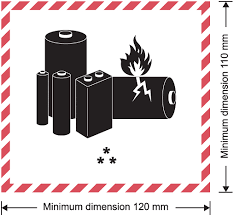

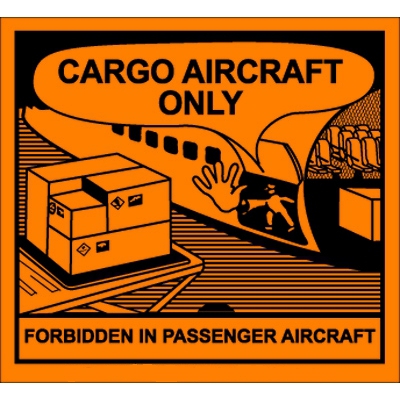
WHY IS SHIPPING MY LITHIUM ION OR LITHIUM METAL BATTERIES MORE EXPENSIVE?
In addition, certain categories of cells and batteries may only be shipped in a special UN certified carton and by a carrier approved for carriage of Class 9. As a reminder, shipments of this type of batteries are strictly prohibited by post. We ship these products by GÉODIS by road for the transport of lithium & lithium-Ion Class 9 in 24/48h*
All these regulations entail an additional cost necessary for the safety of all!
Express delivery
- By carrier or
- By Postal Service
Professional Quality
Secured Payment
Search in Blog
Par Joël M. (MASSIGNIEU DE RIVES, France métropolitaine) le 14 Sept. 2025 :
Par Jean-Claude T. (28000 - CHARTRES, France métropolitaine) le 13 Sept. 2025 :
Par Maurice A. (Arçay, France métropolitaine) le 12 Sept. 2025 :






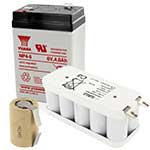
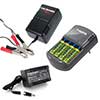
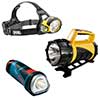
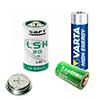
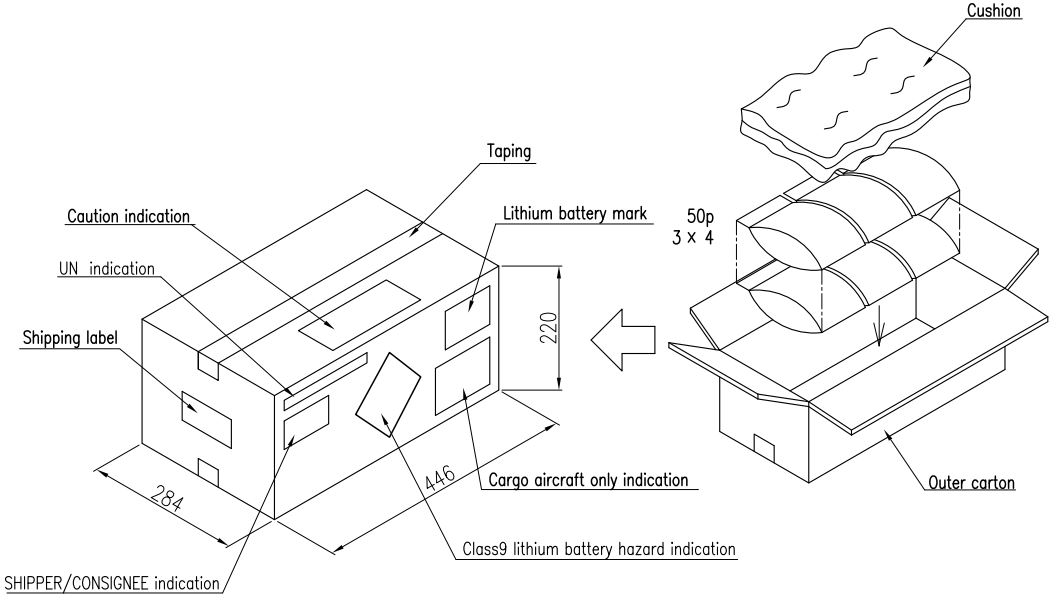



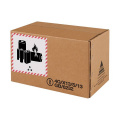


COMMENTS
No customer comments for the moment.